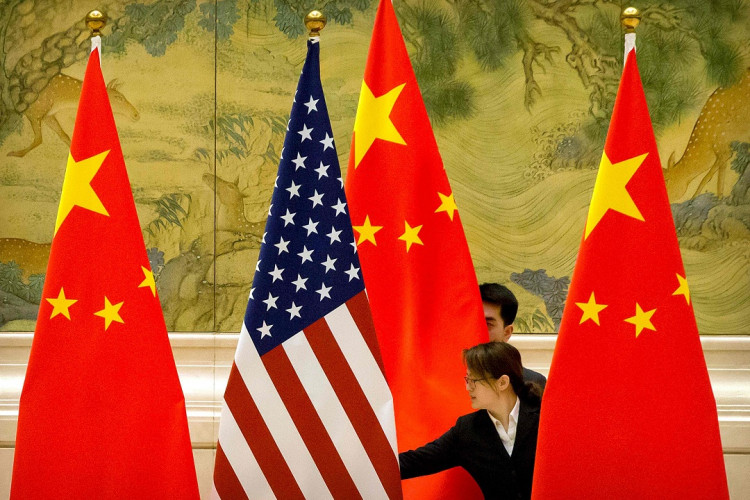The United States has announced sweeping new restrictions on semiconductor exports to China, targeting 140 Chinese entities, including leading chip equipment makers like Naura Technology Group. The measures, introduced on Monday, represent the Biden administration's most aggressive effort yet to stymie China's progress in developing advanced semiconductors, which Washington views as critical to Beijing's military modernization and a potential threat to U.S. national security.
Commerce Secretary Gina Raimondo described the controls as "the strongest ever enacted by the U.S. to degrade the PRC's ability to make the most advanced chips." The regulations restrict access to 24 types of chipmaking equipment, three software programs, and advanced high-bandwidth memory (HBM) chips used in artificial intelligence applications. Raimondo emphasized the strategic goal of curbing China's ability to integrate advanced semiconductors into military and surveillance technologies.
The new rules expand upon previous export controls, including the introduction of the "foreign direct product rule," which limits what semiconductor equipment manufactured outside the U.S. can be exported to China if it incorporates American technology. Countries like Israel, Singapore, and South Korea are subject to the rule, but U.S. allies Japan and the Netherlands have been exempted due to ongoing negotiations and shared commitments to similar controls.
The new restrictions could severely impact U.S. chip equipment makers, including Lam Research, KLA, and Applied Materials. Non-American companies, such as Dutch firm ASML, are also expected to feel the pinch. Analysts believe these measures could significantly disrupt the operations of Chinese semiconductor companies, including Semiconductor Manufacturing International Corporation (SMIC), which has already been on the U.S. Entity List since 2020.
A senior Biden administration official highlighted the necessity of closing loopholes that allowed Chinese firms to bypass earlier sanctions. "This package is designed to eliminate pathways for China to acquire advanced semiconductors and the tools to make them," the official said.
China's Reaction and Retaliation
China swiftly condemned the U.S. actions. Lin Jian, a spokesperson for the Ministry of Foreign Affairs, accused Washington of "abusing export control measures" and undermining international trade norms. "China will take resolute measures to safeguard the legitimate and lawful rights and interests of Chinese companies," Lin said during a press briefing on Monday.
The Chinese government has been doubling down on efforts to achieve self-sufficiency in the semiconductor sector, offering billions in subsidies and tax breaks to local chipmakers. However, industry analysts note that China remains technologically behind global leaders like Nvidia and ASML in critical areas of AI chip production and chipmaking equipment.
In a first, the U.S. has added Chinese investment firms Wise Road Capital and Wingtech Technology Co to the Entity List. These firms play pivotal roles in financing China's chip development, and their inclusion signals Washington's intent to disrupt funding pipelines critical to Beijing's semiconductor ambitions.
Global Supply Chain Tensions
The expanded export controls have sparked concerns about broader disruptions to global supply chains. Chipmaking equipment reliant on even minimal amounts of U.S. technology now falls under the U.S. regulatory net. This shift places a significant burden on semiconductor manufacturing facilities worldwide, particularly in regions like Taiwan and South Korea, where Chinese contracts account for a sizable share of production.
"These measures extend U.S. reach to unprecedented levels, effectively forcing global companies to choose between China and compliance with U.S. laws," said an industry analyst.
The timing of the measures, weeks before President-elect Donald Trump takes office, underscores bipartisan consensus on a tough-on-China approach. Trump, expected to maintain and possibly expand these controls, has been a vocal critic of China's technological and military advancements.
Meanwhile, Beijing is likely to double down on efforts to mitigate the fallout. Experts suggest that retaliatory measures could include restrictions on exports of critical materials like rare earth metals, where China dominates global supply chains.






